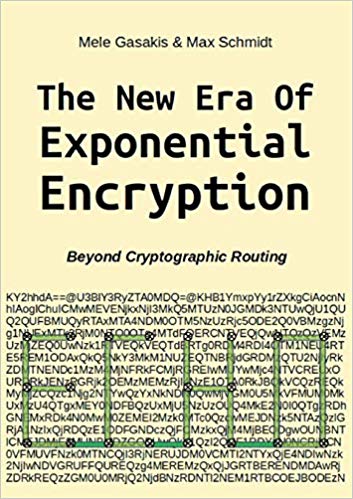The potential for quantum computing to crack other countries’ encrypted networks has captured the attention of national governments. Which of the world’s fundamental challenges could be solved by quantum computing?
Click here to subscribe to The Economist on YouTube: https://econ.st/2xvTKdy
For more from Economist Films visit: http://films.economist.com/
Check out The Economist’s full video catalogue: http://econ.st/20IehQk
Like The Economist on Facebook: https://www.facebook.com/TheEconomist/
Follow The Economist on Twitter: https://twitter.com/theeconomist
Follow us on Instagram: https://www.instagram.com/theeconomist/
Follow us on Medium: https://medium.com/@the_economist








